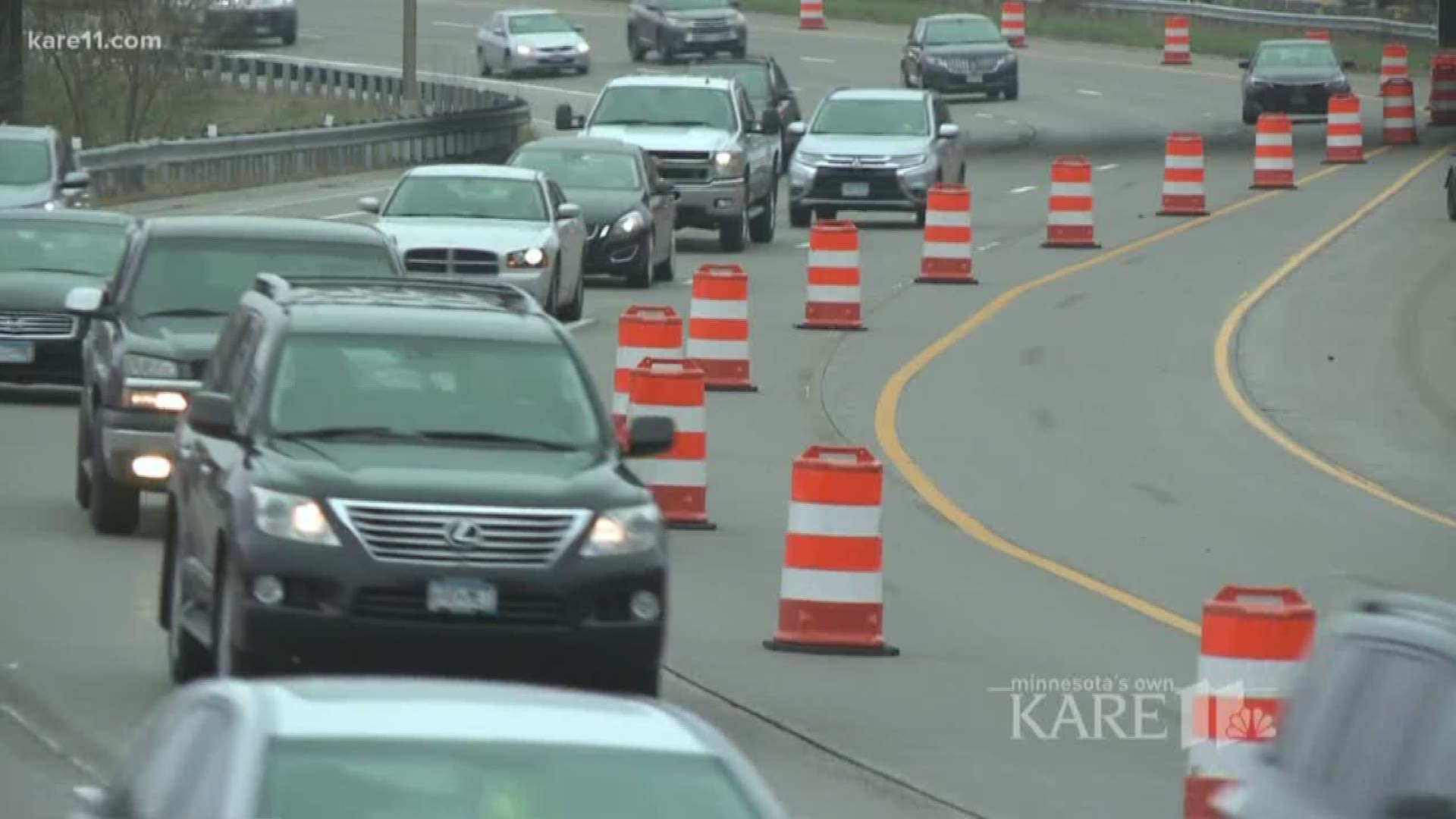ST PAUL, Minn — Handshakes. Pats on the back. Hugs.
That's what House Transportation Committee Chair Frank Hornstein encountered as he walked out of the House chamber Wednesday afternoon at the Minnesota State Capitol.
Democrats and Republicans alike were thanking him for his work getting a $7 billion transportation budget bill passed during the second week of the 2021 Special Session. It passed by a tally of 112 to 21 with strong bipartisan support.
"I think what we proved today with such a strong bipartisan vote is that we can work together, and we can move forward with some very important projects that really everyone in the state will benefit from," Rep. Hornstein, a Minneapolis Democrat told KARE.
The package includes a $220 million dollar boost for in new spending for road projects across the state in the two-year cycle that begins July 1. There's also $57 million for bus Rapid Transit lines.
Hornstein and fellow Democrats wanted a larger increase in transportation spending, but that would require an influx of new revenue.
"Each year we fall further and further behind in basic upkeep of roads and bridges in this state. We need a long-term, sustainable funding source," Hornstein remarked.
The House DFL proposals to raise more dollars, including indexing that gasoline tax to inflation in road construction costs, couldn't win approval from Senate Republicans.
In fact, Sen. Scott Newman, who led the Senate Transportation Committee, touted the lack of new taxes as one of the brighter spots in the bill. He also assured members that none of the money will go to light rail trains or guided busways.
"This transit money is only going to bus routes that can be moved if necessary, rather than being a fixed route," Sen. Newman told colleagues.
Governor Tim Walz praises lawmakers for getting it done because it will allow road construction contractors to keep working July 1 when the new fiscal year begins. Without a bill those construction crews would start winding down job sites, something that would cost taxpayers extra money.
The Minnesota Department of Transportation will still prioritize most projects based on a wide-ranging set of factors. But the transportation bill also includes earmarks -- special dedicated funding -- for a group of projects across the state.
Some of the bigger ticket items include:
- US Highway 10 in Ramsey - $31 million
- US Highway 10 in Wadena - $30 million
- Interstate 94 in Albertville - $27 million
- US Highway 212 in Carver County - $25 million
- US Highway 8 widening in Chisago County
- US Highway 65 and 99th Avenue in Blaine
The bill includes $10 million to pay for a second daily Amtrak run between the Twin Cities and Chicago. There's also $18 million for the Small Cities Assistance Fund.
There's also money in the build to create self-service kiosks so that people can renew their vehicle license tabs without getting stuck in a human traffic jam at the Driver and Vehicle Services or private license and registration bureau.
Republicans said they were disappointed they couldn't insert language that would discontinue the Northstar Commuter rail between Minneapolis and Big Lake. The trains, which run BNSF freight tracks, has been plagued with low ridership especially during the pandemic, when many downtown Minneapolis offices switched to remote working models.

